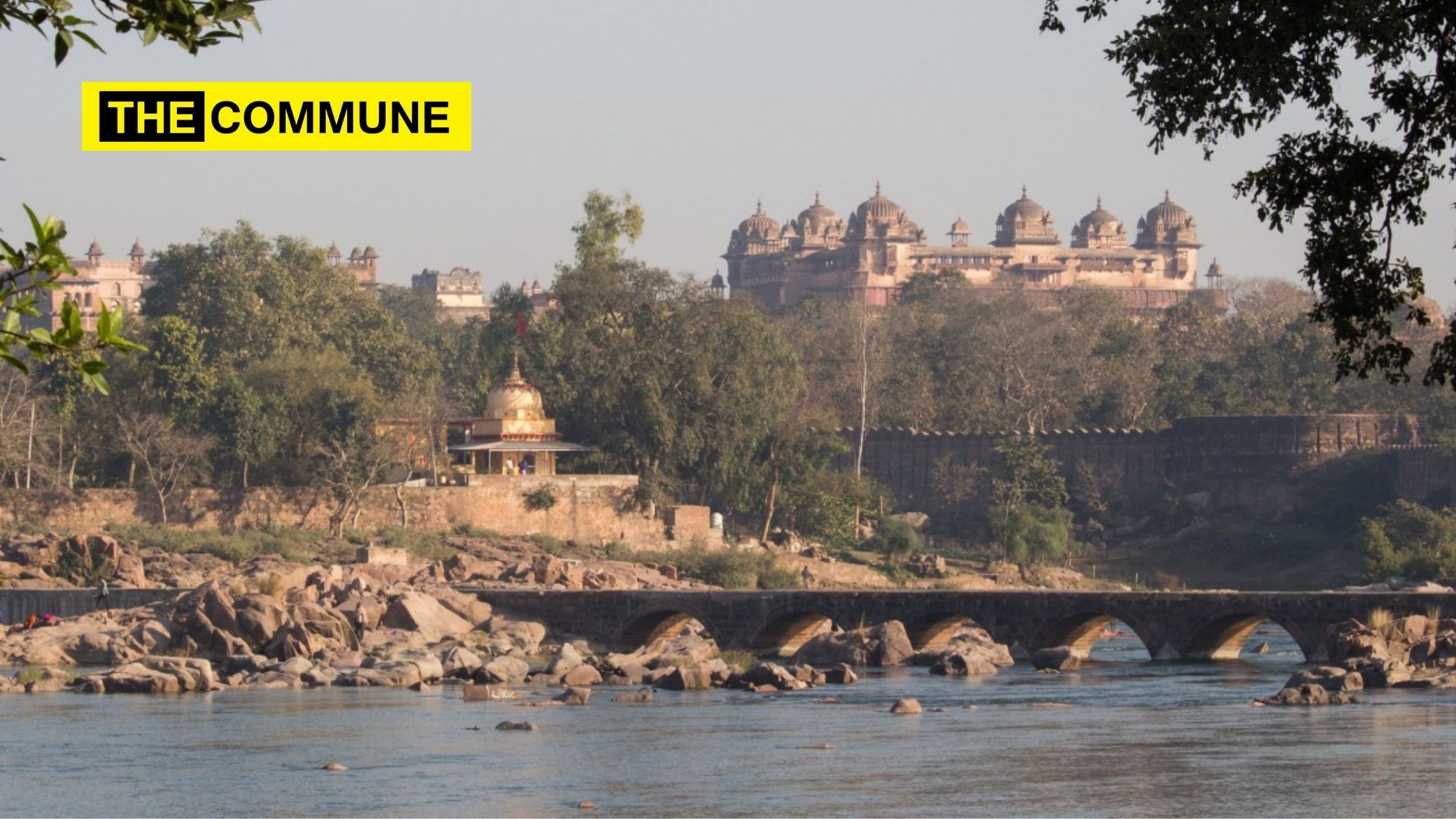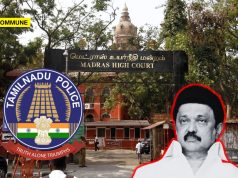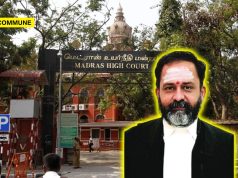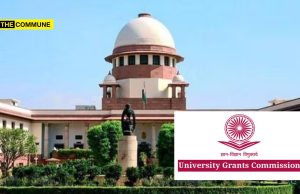
Prime Minister Narendra Modi will launch the ‘Jal Shakti Abhiyan: Catch the Rain’ campaign on World Water Day on 22 March, via video conferencing.
The Union Minister of Jal Shakti and the Chief Ministers of Madhya Pradesh and Uttar Pradesh will sign the Memorandum of Agreement to implement the Ken Betwa Link Project in the presence of the Prime Minister.
The Ken Betwa Link Project is the first project of the National Perspective Plan for interlinking of rivers.
The agreement heralds the beginning of inter-state cooperation to implement the vision of Former Prime Minister Atal Bihari Vajpayee to carry water from areas that have surplus water to drought-prone and water-deficit areas, through the interlinking of rivers.
This project involves transfer of water from the Ken to the Betwa River through the construction of Daudhan Dam and a canal linking the two rivers, the Lower Orr Project, Kotha Barrage and Bina Complex Multipurpose Project.
It is estimated that the project will provide annual irrigation of 10.62 lakh ha, drinking water supply to about 62 lakh people and also generate 103 MW of hydropower.
According to the government, the project will be of immense benefit to the water-starved region of Bundelkhand, especially the districts of Panna, Tikamgarh, Chhatarpur, Sagar, Damoh, Datia, Vidisha, Shivpuri and Raisen of Madhya Pradesh and Banda, Mahoba, Jhansi and Lalitpur of Uttar Pradesh.
Through the Ken Betwa Link Project, the Centre is looking to set the ball rolling on more projects interlinking the country’s rivers.
Water conservation at the grass-root level
The ‘Jal Shakti Abhiyan: Catch the Rain’ Campaign will be undertaken across the country, in both rural and urban areas, with the theme “catch the rain, where it falls, when it falls”. It will be implemented from 22 March to 30 November ― the pre-monsoon and monsoon period.
The campaign will be launched as a Jan Andolan to undertake water conservation at the grass-root level through people’s participation. It is intended to nudge all stakeholders to create rainwater harvesting structures suitable to the region’s climatic conditions and subsoil strata, to ensure proper storage of rainwater.
After the event, Gram Sabhas will be held in all Gram Panchayats of each district across the country ― except in the poll bound states ― to discuss issues related to water and water conservation. The Gram Sabhas will also take ‘Jal Shapath’ for water conservation.
(Published from PIB)
Click here to subscribe to The Commune on Telegram and get the best stories of the day delivered to you personally.




